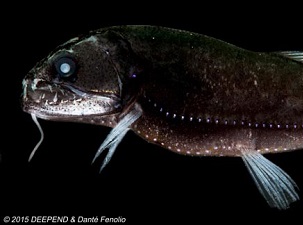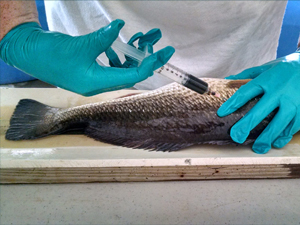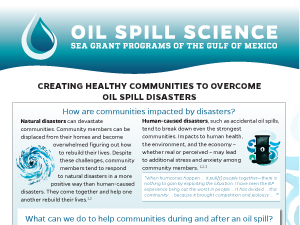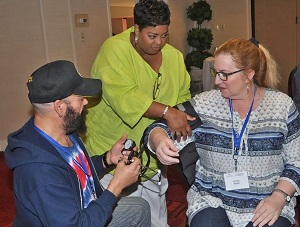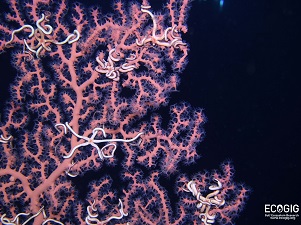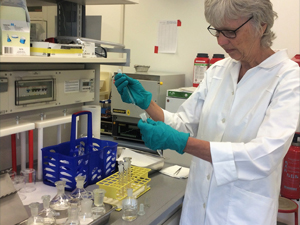Smithsonian Features Research about the Gulf of Mexico’s Highly Diverse Deep-Sea Habitat
The Smithsonian’s Ocean Portal published an article about the diverse deep sea species found in the Gulf of Mexico following the Deepwater Horizon incident. The DEEPEND research consortium identified nearly 800 different species in Gulf waters, including 180 species not previously observed in the Gulf of Mexico region.
Details
